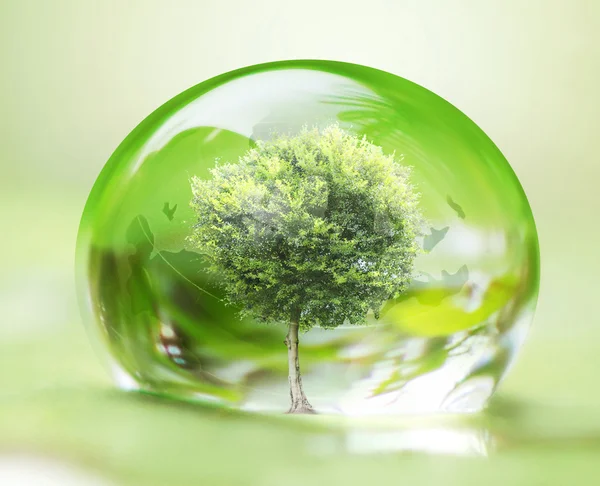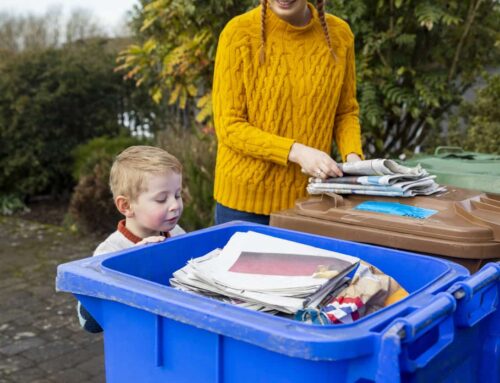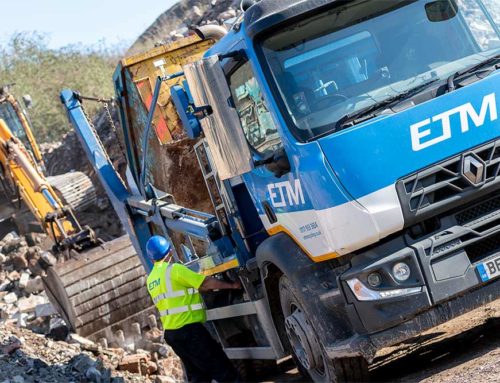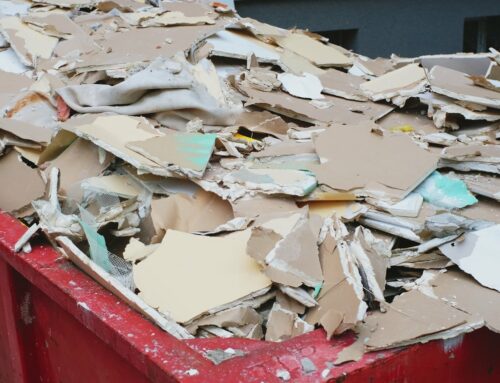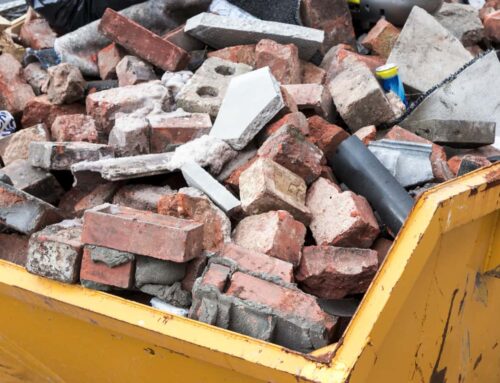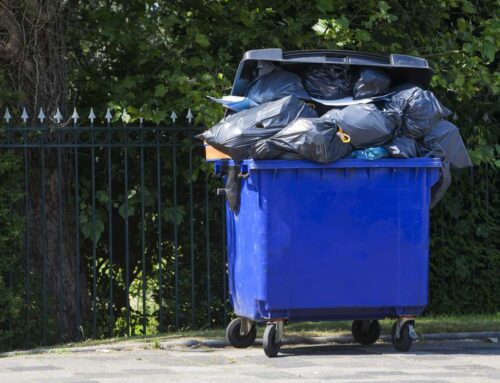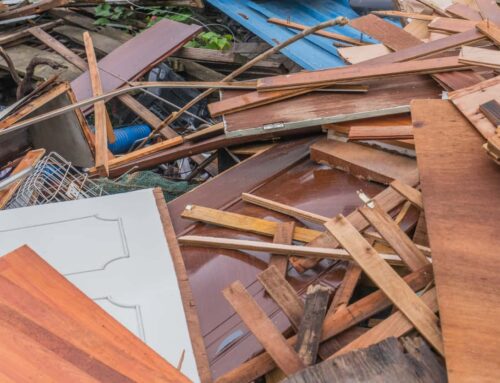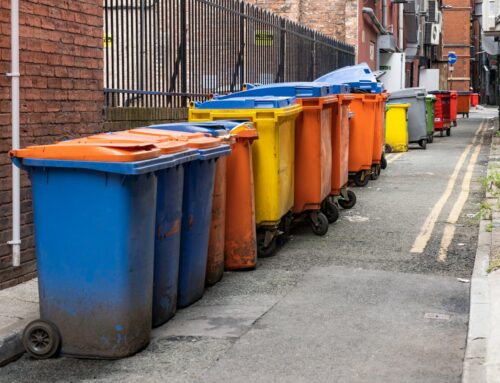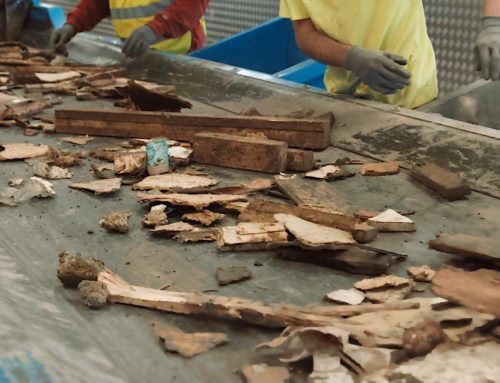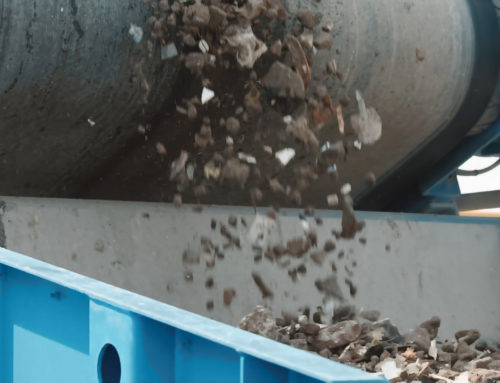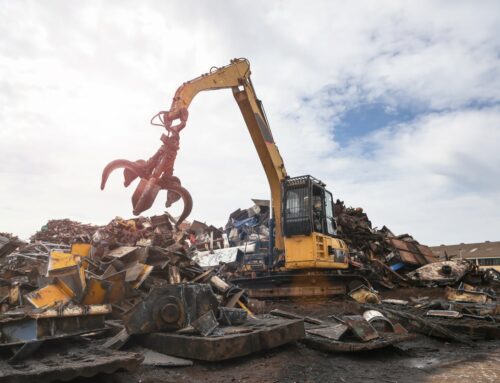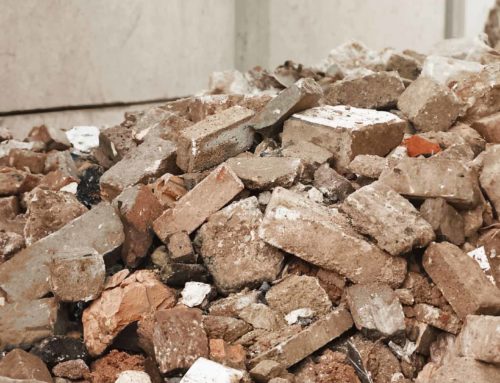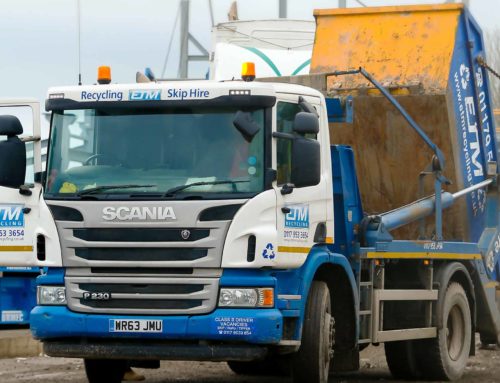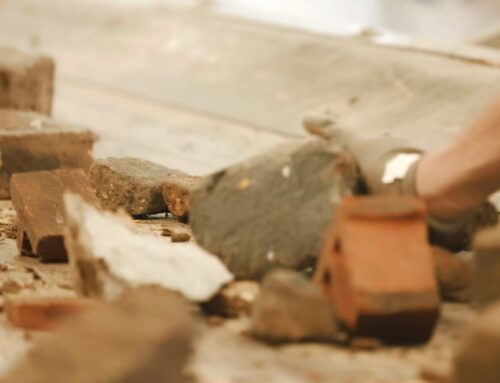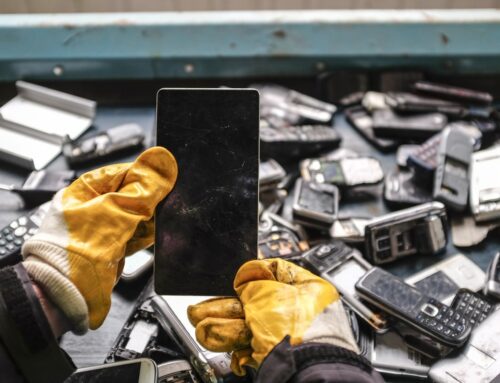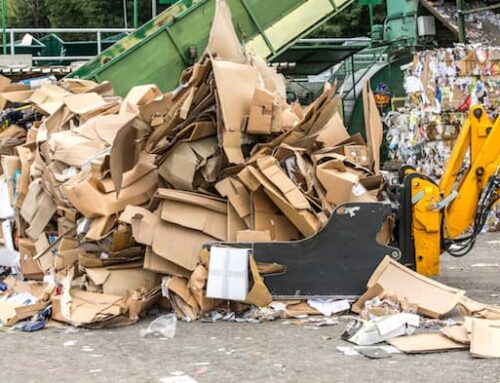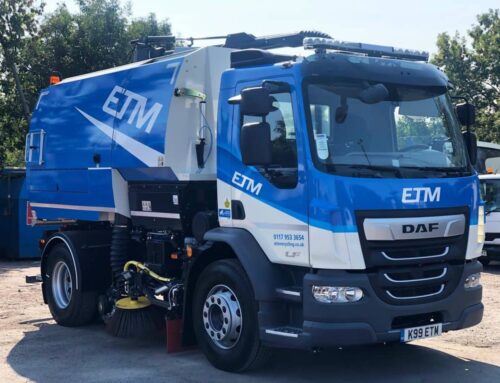How is your business keeping up with the fast-paced world today? As you’ll know, innovation and growth are crucial to success as a business. But in the whirlwind of development, a critical aspect that companies miss is resource conservation. This article aims to identify what resource conservation is, set out its financial and environmental impact, and suggest why businesses should care about it.
Introducing your expert waste management partner – ETM Recycling! Founded in 2010, we’re a significant player in recycling around Bristol and Bath. We have a fleet of lorries that work hard to manage waste. Our goal? To keep Bristol’s waste away from landfills and provide a cost-effective, customer-focused service for you. With a family-driven team, we strive for trust, quality, and excellence. Contact us today for advice from Bristol’s leading waste management experts.
What is Resource Conservation?
Resource conservation is the careful management of valuable raw materials. You can manage resources through three simple steps: reduce, reuse, and recycle.
- Reduce: This is lowering the number of resources you use in the first place. When you use less resources, you save more for later and help protect the planet.
- Reuse: Instead of disposing of materials after one use, you can think of innovative ways to reuse them. An example is a plastic bottle you can refill many times instead of using a crate of plastic bottles and then throwing them away.
- Recycle: have you heard the saying one man’s trash is another man’s treasure? Recycling turns trash into treasure for everyone. You can transform materials like paper, glass and plastic and use them again, meaning you don’t need to make new resources from scratch.
By using responsible resource management, you’re planting seeds for a healthier planet in the future.

What are the Financial and Environmental Benefits of Resource Conservation?
Resource conservation saves you money because you spend less on throwing things away and can spend more on the things that matter to your business. By reducing your waste, you can cut down on waste disposal expenses. Not only can you save, but you can also make money by selling your recyclable materials like paper or metal, which means more revenue and a cleaner environment. Another example of savings is energy. If you’ve installed energy-efficient equipment, this can lower your energy bills over time.
As well as saving and making money, resource conservation is crucial for the environment. As you may know, climate change is increasingly looming. Poor resource conservation has a negative impact because it leads to issues like burning fossil fuels for disposal, deforestation for new products, industrial emissions and wasted energy. Open burning of waste or inefficient landfill practices due to too much excess leads to more greenhouse gases and global warming.
Poor resource usage worsens public health by making the air we breathe and the water we drink less safe, damages habitats, and puts our future at risk. Wrong use of resources also degrades the land, making the soil less fertile and contributing to desertification, which puts us at risk of famines. Ongoing environmental damage can eventually mean losing medicinal resources, water scarcity, increased disease risk, and natural disaster vulnerability. If we manage resources well, we can sustain the planet and avoid the terrible consequences of harmful resource management.
Why Should Businesses Care about Resource Conservation?
Businesses have good reasons to care about resource conservation:
- Following the rules: laws and regulations exist to ensure you take good care of the environment. By conserving your resources, you can avoid running into problems and paying fines. You’ll also future-proof your business. As regulations become stricter and consumer preferences keep shifting towards eco-friendly options, you can stay confident that you’ll move forwards with them.
- Maintaining your public image: reputation is crucial to a business’s success. In general, people like to see a company looking after the planet. Making an effort to keep your Corporate Social Responsibility (CSR) will build you a positive image in the eyes of the public.
- Making allies: when you participate in CSR, you open yourself to a network of like-minded investors and organisations. By conserving resources, you can win over supporters in the business world and help the environment and expand your network.
- Boosting innovation: finding new ways to use resources can give your business a competitive edge. You might develop innovative products, processes, and technologies. All of this helps you stand out and beat your competition.
- Staying strong during supply chain issues: sometimes, problems make it hard to get the needed resources. If your business can conserve resources, you can keep going even when times are tough.
Conclusion
For your business, practising resource conservation is like caring for a garden that symbolises your business’ growth and the planet’s health. As you give the garden the attention it needs, it’ll eventually flourish and give you a great return on the invested time and energy you put in.
We can all play a part in resource conservation. You can start by using supplies wisely, reducing your waste output, and participating in recycling.
You might feel daunted at the prospect of getting started. It could mean having to overhaul old systems that worked but still damaged the environment and wasted your reserves. ETM Recycling can help you get started on this journey. As experts in outsourced waste management and resource conservation, we can give you tailored advice and help implement efficient and robust practices to save you money and help save our planet.
If that sounds good to you, let’s take action today and start building a world where businesses and the environment can thrive together.
Contact us here now, and we’ll help guide you forwards.
Related Articles:
Recycling & Waste Management Tips for Small Businesses
